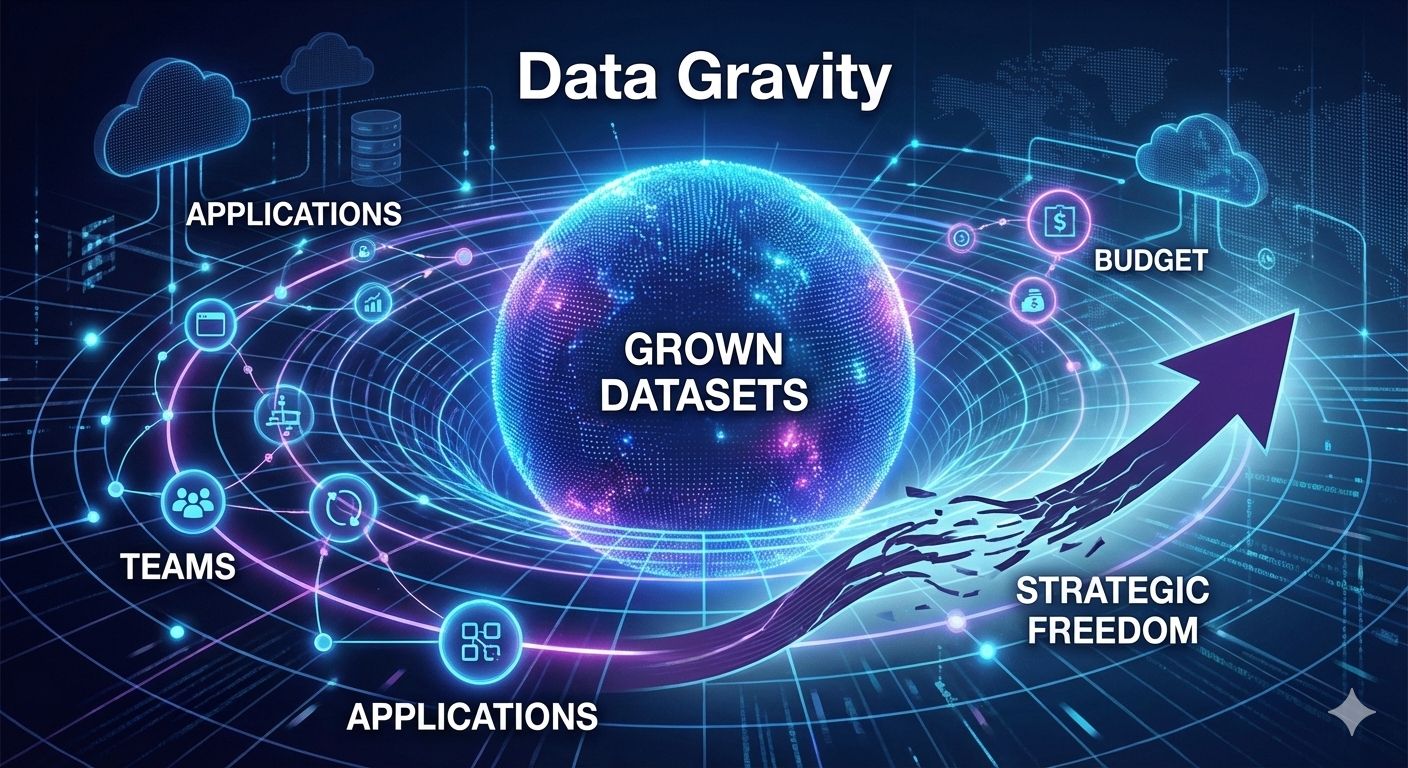The landscape of project management is evolving rapidly, driven by technological advancements, changing workforce dynamics, and shifting business priorities. As we look toward the future, several key trends and innovations are poised to redefine how projects are managed. Here’s a deep dive into what the future holds for project management.
1. Rise of Artificial Intelligence and Machine Learning
Artificial Intelligence (AI) and Machine Learning (ML) are transforming project management by automating routine tasks and providing advanced analytics. These technologies can:
- Automate Administrative Tasks: AI can handle scheduling, reminders, and updates, freeing project managers to focus on strategic activities.
- Predict Project Outcomes: ML algorithms analyse past project data to predict future project risks and outcomes, enabling proactive decision-making.
- Enhance Resource Management: AI can optimize resource allocation by analysing workload and availability, ensuring efficient use of team members’ skills and time.
2. Integration of Project Management Tools
The future will see a seamless integration of project management tools with other enterprise software systems. This will create a unified digital workspace where data flows effortlessly across platforms, enhancing collaboration and efficiency. Key integrations include:
- Customer Relationship Management (CRM) Systems: Syncing project management tools with CRM systems to ensure client needs are directly reflected in project plans.
- Enterprise Resource Planning (ERP) Systems: Integrating with ERP systems to streamline financial planning, procurement, and other resource-related tasks.
- Communication Platforms: Linking project management tools with communication platforms like Slack or Microsoft Teams to foster better communication and collaboration.
3. Emphasis on Agile and Hybrid Methodologies
While Agile methodologies have been popular for some time, the future will see a rise in hybrid approaches that combine the flexibility of Agile with the structure of traditional Waterfall methods. This hybrid approach allows teams to:
- Tailor Methodologies: Customize their approach to fit the specific needs of each project, leveraging the strengths of both Agile and traditional methods.
- Improve Flexibility: Respond quickly to changes while maintaining a clear project structure and timeline.
- Enhance Stakeholder Engagement: Use Agile techniques for continuous feedback and Waterfall for detailed documentation, satisfying both teams and stakeholders.
4. Increased Focus on Remote and Distributed Teams
The shift toward remote work is here to stay, and project management will continue to adapt to support distributed teams. This includes:
- Advanced Collaboration Tools: Utilising tools like Asana, Trello, and Jira to keep remote teams aligned and productive.
- Virtual Reality (VR) and Augmented Reality (AR): Employing VR and AR for virtual meetings, collaborative design sessions, and training.
- Time Zone Management: Implementing strategies to manage projects across different time zones, ensuring seamless communication and collaboration.
5. Greater Emphasis on Soft Skills
As technology handles more technical tasks, the importance of soft skills in project management will increase. Future project managers will need to excel in:
- Emotional Intelligence: Understanding and managing their emotions and those of their team members to foster a positive work environment.
- Effective Communication: Clearly conveying project goals, expectations, and feedback.
- Leadership and Motivation: Inspiring and guiding teams towards achieving project objectives.
6. Data-Driven Decision Making
Data analytics will play a crucial role in project management, providing insights that drive decision-making. Project managers will increasingly rely on:
- Real-Time Dashboards: Utilizing dashboards that display live project data, enabling quick adjustments and informed decisions.
- Predictive Analytics: Leveraging historical data to forecast project trends, potential risks, and outcomes.
- Performance Metrics: Continuously monitoring key performance indicators (KPIs) to ensure project alignment with business goals.
The future of project management with technology and innovative methodologies paving the way for more efficient, flexible, and effective project execution. By staying ahead of these trends, project managers can ensure they are prepared to lead their teams successfully in an ever-evolving landscape. Embracing these changes will not only enhance project outcomes but also contribute to a more dynamic and sustainable business environment.
Image Credit: image by Freepik




